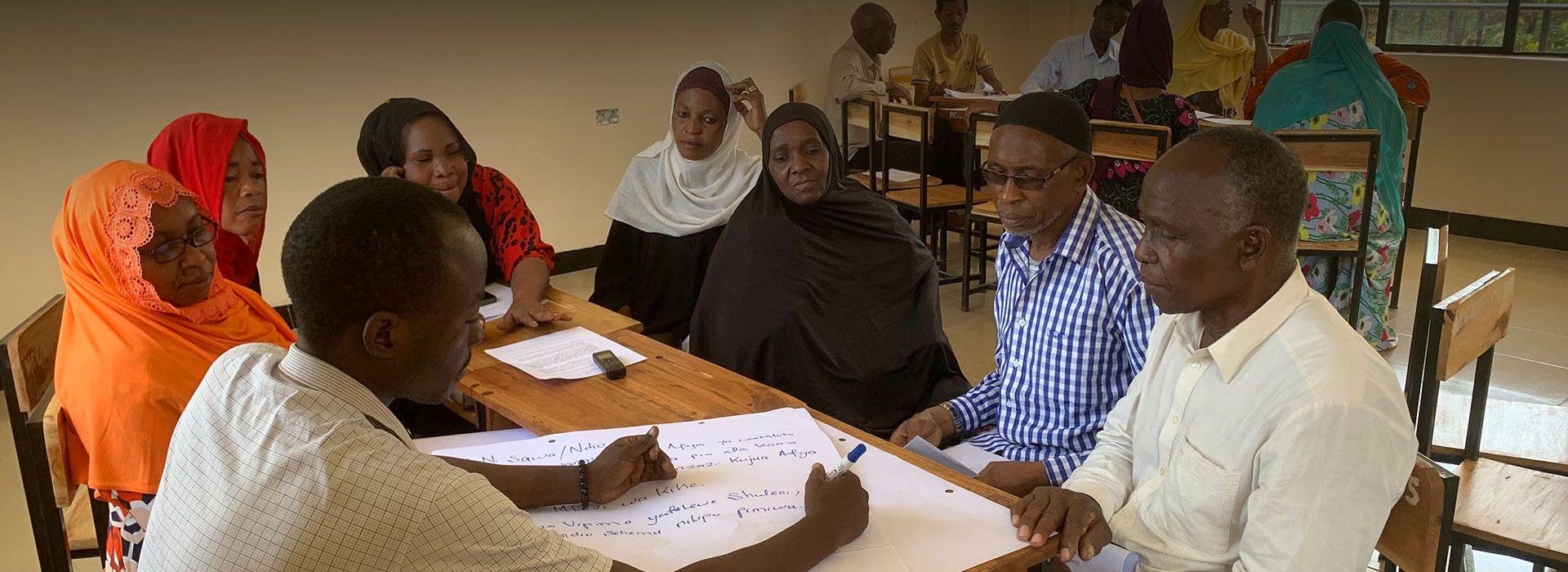Research Programme
MITU’s research activities focus on the development and evaluation of health interventions, often through the conduct of randomized controlled trials (RCTs). This strategic focus distinguishes the Unit from other research institutions in the region and contributes to its status as a center of excellence in the design and use of intervention trials. The Unit also conducts observational studies, to provide an epidemiological evidence base for intervention trials. Special efforts are made to promote the integration of research findings and evidence into healthcare policy and practice.
The geographical location of MITU allows research to be conducted in six regions around Lake Victoria in northwestern Tanzania. This offers a unique opportunity for research to take place in a range of urban, peri-urban, and rural study locations, all within easy traveling distance of the Unit, so that urban/rural gradients in disease prevalence and risk factors can be readily observed and analyzed.
MITU’s research is organised around the following main themes:
Ongoing Research Projects

Daraja Trial
Reducing Post-Hospital Mortality in HIV-infected Adults in Tanzania (Daraja Trial)
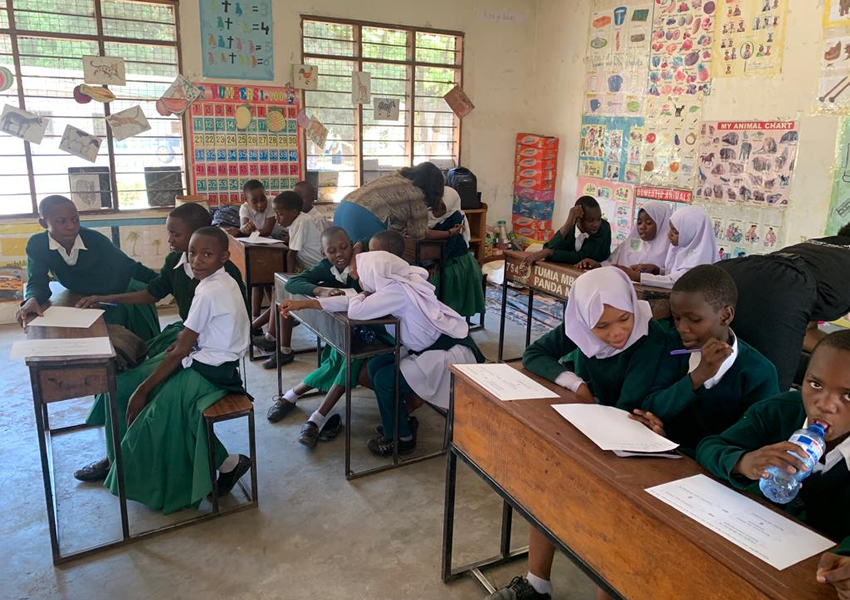
Vijana Check study
Reaching adolescents with health services: a multi-country study of adolescent health check-ups in low and middle-income countries (Y-Check study)
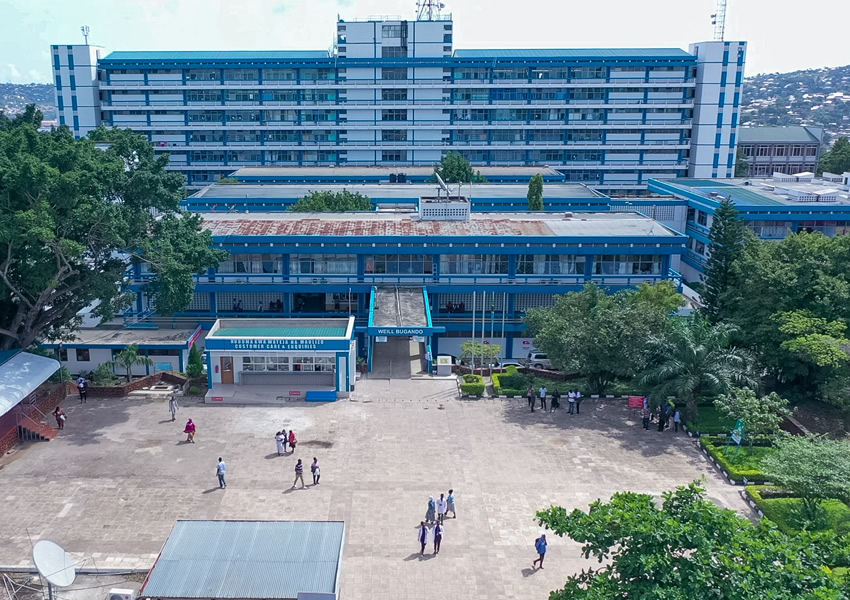
Mwanza HIV&HTN Sleep Cohort
HIV, Sleep, Nocturnal Non-Dipping, and Cardiovascular Disease: A Tanzanian Cohort (Mwanza HIV&HTN Sleep Cohort)
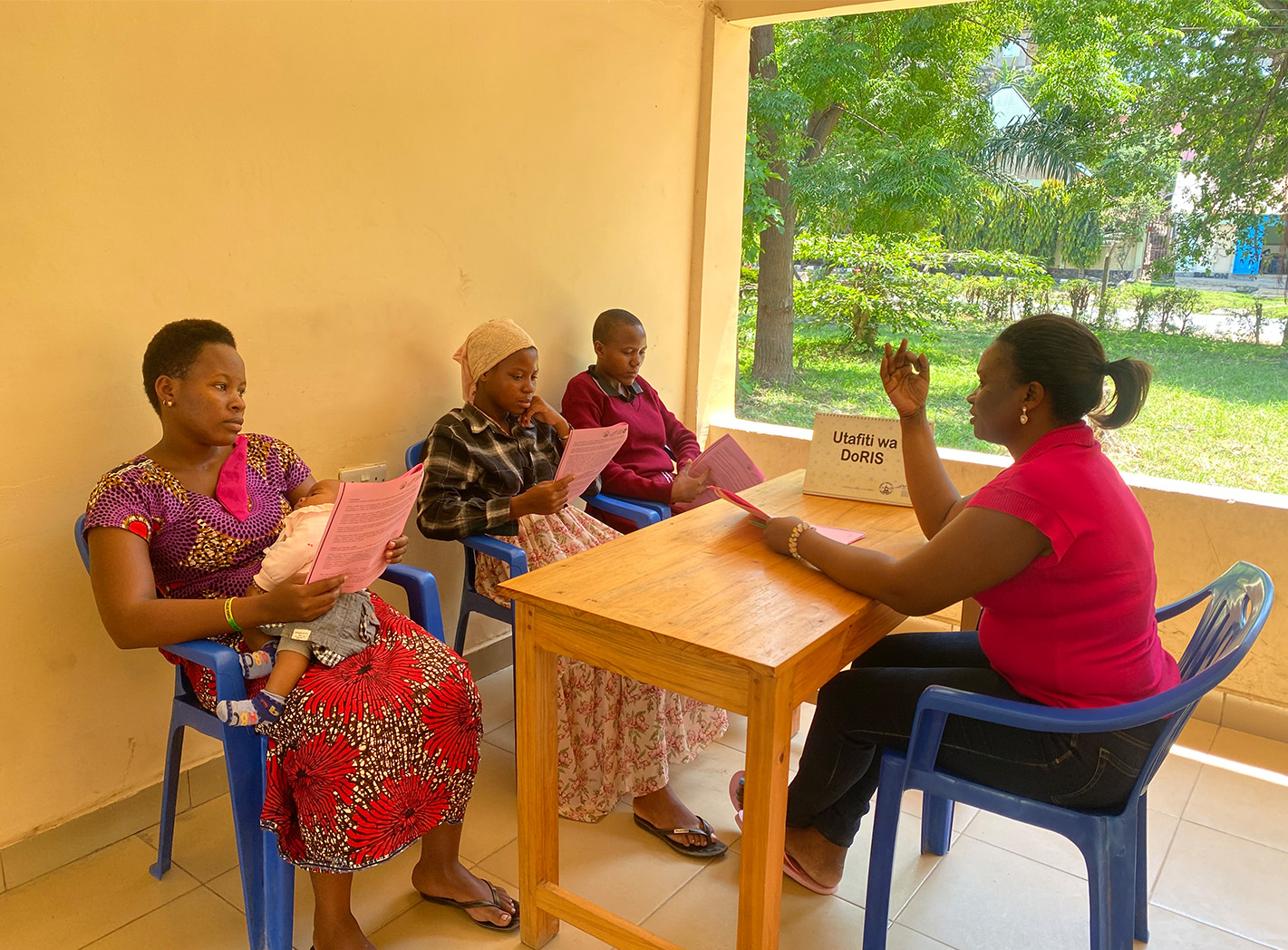
DoRIS trial
A dose reduction immunobridging and safety study of two HPV vaccines in Tanzanian girls (DoRIS trial)

Add-Vac study
Adding a Male Single Dose HPV Vaccination to Female HPV Vaccination in Tanzania (Add-Vac study)
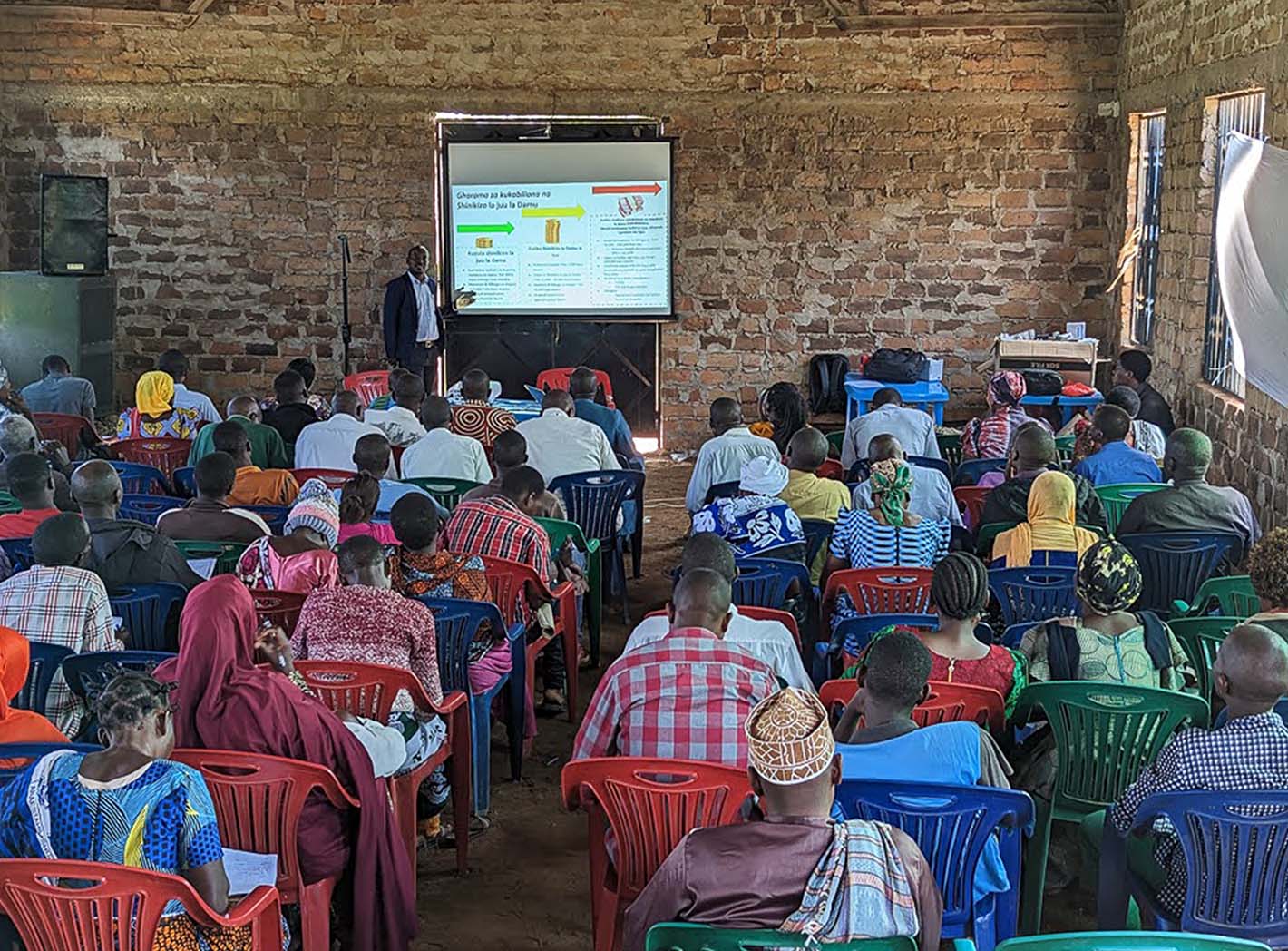
Engaging Religious Leaders to Reduce Blood Pressures in Tanzanian communities
Engaging Religious Leaders to Reduce Blood Pressures in Tanzanian communities

Female Genital Schistosomiasis
Comparisons in genital mucosal immune cell populations, gene expression, and impaired anti-viral immunity in women with and without female genital schistosomiasis before and after praziquantel treatment

PASS-MHW
Partnering to support schools to promote menstrual health and wellbeing among secondary school girls in Tanzania (PASS-MHW) project

MAISHA-Youth
MAISHA-Youth! Gender Equity and Empowerment to Prevent Violence among Adolescents and Young Adults in Tanzania
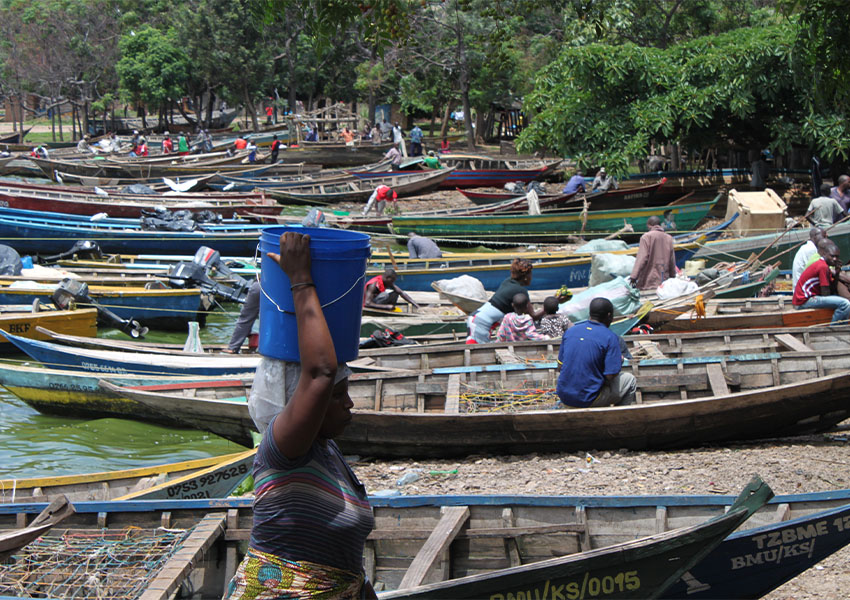
GLOBE-HPV
Global Burden Estimation of Human Papillomavirus Infections (GLOBE-HPV)

Mobility
Mobility Patterns and Feasibility of tracking women at high risk of HIV in the fishing communities in Lake Victoria
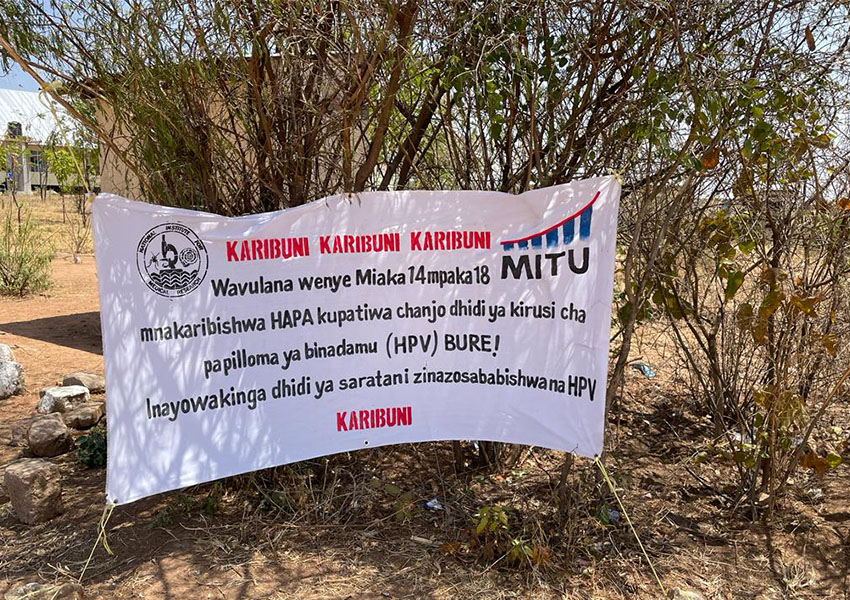
Social sciences in the Add-Vacc Trial
Gaining insights into the understanding and acceptability of ‘gender-neutral’ human papillomavirus (HPV) vaccination in northwest Tanzania: social sciences in the Add-Vacc Trial




